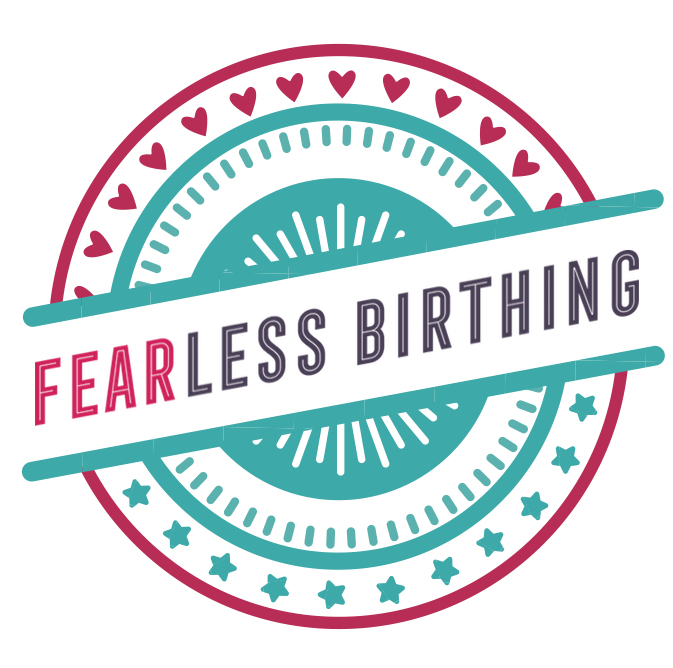Every so often, something lands right in your lap that changes everything — not because it’s new, but because you finally see it for what it is.
That’s exactly what happened in this episode of Tik-Tokophobia, and I truly believe it’s one of the most important conversations we’ve had yet.
Let me explain why.
For years, women (myself included) have walked around with huge, gut-churning experiences around pregnancy and birth — moments that shatter our expectations, upend our sense of self, and drop us into a terror so deep it feels unspeakable. And here’s the thing: until now, there simply haven’t been words for these moments.
Professionals ask, “Was it a panic attack?” Therapists prod, “Are you just anxious?” Friends try to relate, but unless they’ve been there, it’s ungraspable.
But on this episode, JJ and I set out to change that.
🎙️ Here’s what you’ll discover in this episode:
Why “Giving it a Name” Changes Everything
There’s profound power in naming an experience. Panic attack. Burnout. Meltdown. These words give shape, voice, and permission to feelings that might otherwise stay hidden and festering. Women navigating fear of pregnancy or birth need that same kind of validation.
In this episode, we share our own stories of that “gut punch” moment — when two lines appear on a pregnancy test or when a creeping dread suddenly crystallises into something undeniable.
Without a word for what you’re going through, you’ll convince yourself you’re broken, alone, or simply “weird.” You’re not.
The Birth of “Dilinea” and “Cass” — Two Essential Words
After a lot (and I mean a lot!) of debate, linguistics nerding-out, and laughter, JJ and I landed on two new words to capture the reality of reproductive anxiety:
Dilinea: That fork-in-the-road moment when two paths crack open before you — your life as you knew it, and the shocking new trajectory that appears with the realisation, “I might be pregnant.”
Cass: From the French word for “break.” This is the visceral collapse, the world-swallowing terror, the moment everything falls apart. For some, it comes with the sight of those infamous two lines. For others, it arrives later — with a miscarriage, overwhelming relief, or an existential reckoning.
If you’re a professional, imagine how vital it would be for your clients or patients to have words for these moments. It’s not “just” anxiety. It’s not “just” a phobia. These are seismic shifts in a woman’s life story.
Why Language is a Tool for Healing
The inability to articulate what you’ve lived through traps you in shame and isolation. Once you have a word — once you realise there’s a map, and you’re not lost in the wilderness alone — everything changes. You can reach out. You can explain. You can receive support and (crucially) start to heal.
For those of you supporting women through birth, pregnancy, or fertility challenges, this is a game-changer. Being able to name these moments means you can finally validate and support women on their own terms.
It’s Not a Panic Attack. It’s Not a “Wobble.” It’s Reproductive Anxiety Disorder (RAD)
We talk more and more about RAD — Reproductive Anxiety Disorder — as the umbrella for these life-changing moments and experiences. If you’re new to this, we’ve published “The Case for Reproductive Anxiety Disorder” as a white paper, precisely because the current ways we talk about birth fear just don’t cut it.
This matters for you whether you’re living with these fears or working with women who are. When we expand our language, we invite honesty, compassion, and true healing into the room.
Your Experiences Are Valid. You Deserve Language — and Healing.
If you’ve ever had a Dilinea or Cass moment (whether you called it that or not), you’re not alone and you’re not broken. For professionals: listen closely, and share these words with the women you support. It could be the beginning of a very different conversation.
Key takeaways for reflection:
- Are there moments in your own journey — or your clients’ — that have gone unnamed for too long?
- How might having language for these experiences change how you support yourself or others?
- What would it feel like to know you are not alone?
Listen to the episode below and please share your Dilinea or Cass moment with us — you never know who needs to hear that they’re not the only one.
If you’re ready to explore support, tools, or training — especially in using the Head Trash Clearance method — know that you’ll find a safe, understanding home here. All of you, and all your feelings, are welcome.
For more on RAD, language, and trauma-aware storytelling, don’t forget to check out our resources and white papers. And wherever you are in your journey — keep going. You are not alone.
